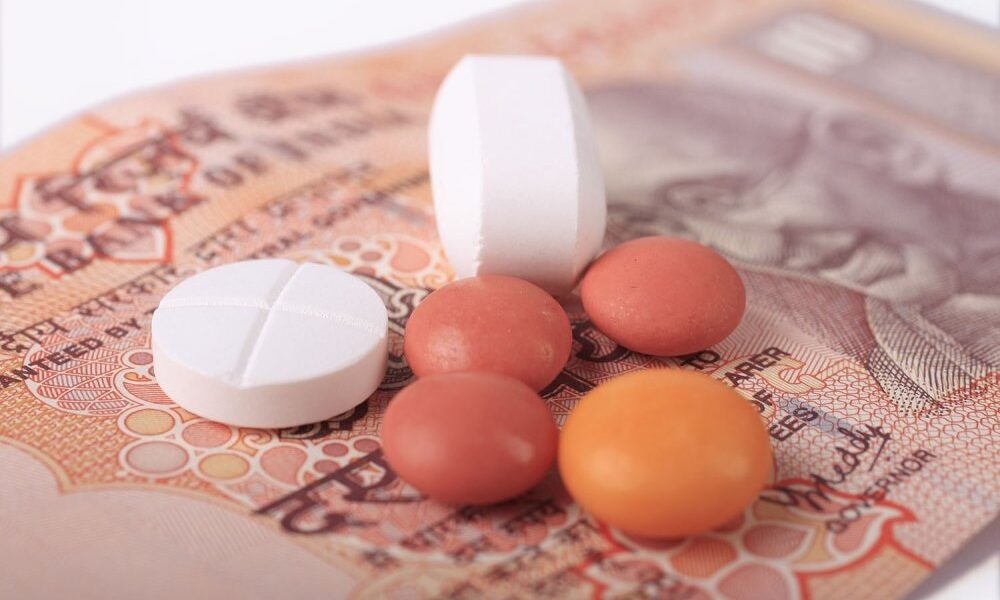Realising the need for the adoption of the Fourth Industrial Revolution (IR 4.0) technologies by the manufacturing community, the World Economic Forum (WEF) established a Global Lighthouse Network. Out of the 19 pharmaceutical “lighthouses” identified by the WEF, two are based in India – CIPLA and Dr Reddy’s Laboratories (DRL).
The Indian ‘lighthouse’, CIPLA and DRL are a community of manufacturers who show leadership by transforming factories, value chains, and business models using IR 4.0 to the rest of the manufacturers in the country.
Cipla and DRL are just prime examples of the massive digital transformation the Indian pharma ecosystem is experiencing. One of the significant contributions of digital transformation is massive cost reduction. With the cost of deploying artificial intelligence (AI), machine learning (ML), and associated digital technologies, advancements in R&D have become highly affordable, allowing players to exploit economies of scale. Along with AI, Indian companies rapidly adopt cloud computing and robotic process automation. It is enthralling to see how the Internet of Things (IoT) revolutionizes value and supply chains, R&D, and redefines patient centricity.
In the near future, no aspect of the pharma industry in India will remain untouched by IoT and other technologies, be it drug discovery and development, manufacturing, supply chain, and marketing. Digital adoption is associated with real economic outcomes for manufacturers. Experts say it leads to a multi-fold increase in labour and capital productivity and a drastic reduction in wastage, thereby reducing the cost of drug manufacturing.

The digital solution can address two crucial longstanding concerns of the pharma sector. These are batch manufacturing of drugs and long go-to-market time. According to Hiren Shah, senior VP of Cadila Pharmaceuticals, with IR 4.0, Indian industries are entering the era of precision medicine, where drugs can be customized and hold time can be reduced drastically. According to Michel, CEO of Mumbai-based ACG Engineering, the production of personalised medicines and the use of big data are the new ways that digital transformation is manifesting in the pharma sector.
With third place in terms of volume, India’s pharma sector is targeting to improve its ranking in terms of value as well. After establishing itself as a leader in the production and universal provider of affordable generic drugs, India is heavily focusing on its R&D to produce novel molecules and biosimilars. The Indian bio-similar market is expected to experience a compound annual growth rate (CAGR) of 22%, reaching USD 12 billion by 2025.
In the wake of the pandemic, the confluence of IR 4.0 with the pharma sector, leading to what is popularly called Pharma 4.0, has unleashed a new era of digitization, and an interconnected value chain network with an era of ensuring efficiency and profitability. Moreover, pharma 4.0 improves the manufacturing process through better compliance and quality. Again, a fall in the cost of digital solutions like IoT – enabled devices has allowed Indian pharma to deploy lag-free real-time data and critical information exchange with stakeholders.
Digital transformations provide effective solutions to supply chain problems that the Indian pharma landscape often faces. Often delays in the transportation of Active Pharmaceutical Ingredients (APIs), and finished products to the distributors and customers, and delays in the process are now being resolved by the IoT.
The IoT systems send information to vendors and other stakeholders if the quantity of essential commodities needs to be upgraded to the desired level. IoT chips attached to finished pharmaceutical products help track their real-time location. It helps in maintaining the supply chain of the pharma industry.
Lastly, digitization is also helping other sectors of the economy flourish as well. Many engineering design companies are now involved in providing services like IR 4.0 – enabled pharmaceutical and biotechnology plant designs. Delegitimizing its image as a “laggard” in technology adoption with rampant digital transformation, the Indian pharma ecosystem is fast emerging as an important player in Pharma 4.0. With digitalization at its backyards, the modern Indian pharma industry is creating a comprehensive world-class business model – characterized by efficiency, sustainability, and transparency. The impressive rate of adoption of AI, ML, and data analytics by Indian pharma is making the sector robust to international competition, market disruptions, and efficiency challenges.


